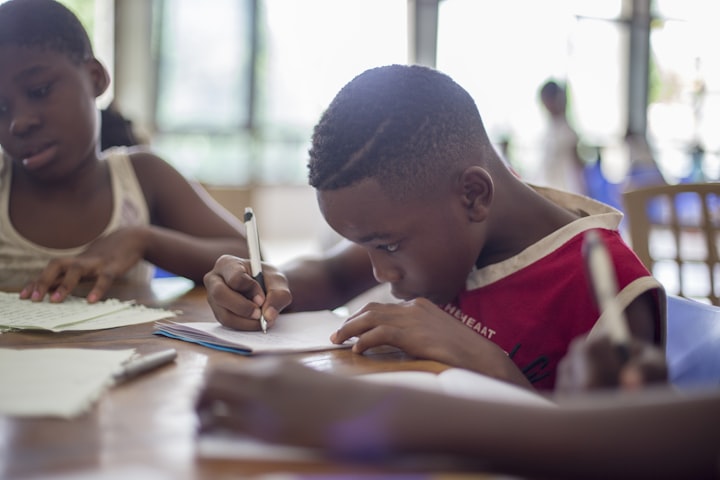
1. Self-reliance training begins with young children. Many children in the United States live alone in a room from infancy. When a child reaches the age of three or four and has a fearful mind, parents buy a very small and dark lamp and leave it on all night to banish the child's terror of the dark. Before going to bed at night, parents go to the child's room and kiss the child, saying, "I love you, my child! Good night! Sweet dreams!" and go back to their bedroom. The child will hug a toy such as a cloth dog bear or a rag doll and fall asleep peacefully.
2, never always around the child. Americans love children, but they don't always hold and stare at them. The six or seven month old child will hold a bottle of water and milk by himself, and when he is older, he will learn to eat with a knife by himself. Children often spill food on the table and floor, but parents never feed them and always let them eat by themselves. Children play games by themselves or with children and rarely pester their parents. When parents go on a trip, they leave their children with their grandparents or pay for them to be taken to someone else's house for a few days. When the family hosts a party or goes to someone else's party, you don't see the parents always holding their children.
3, let the child receive exercise. Engineer Jaymes took his 3-year-old son to visit his parents in the countryside 10 kilometers outside the city. After dinner, it was already dark, and the bus into town had stopped developing. It would have made sense to stay and return to the city tomorrow, but instead, Jaymes took his son back to the city on foot. He carried his son on his back while he walked a little, and so he went home in the dark. Why did he do that? Jemez replied that he wanted his son to be familiar with the darkness and suffer a little bit from childhood.
4, focus on training children's brain and hands skills. American parents will often spend special time encouraging and training their children's hands-on skills. Particular attention is paid to choosing games and toys that are more meaningful to use the brain and hands and play with the child. Because in the process of hands-on participation, the child's brain development is stimulated at the same time, and the child's mind potential is developed. The "Potential Specialist Camp" is an educational toy that contains many games that actively encourage children to use their brains and hands, and there are many different ways to play. The principle of the product has been widely recognized and used by American families and kindergartens.
5. Teach children to adapt to their environment. Mr. and Mrs. John Berram often take their 8-year-old son and 5-year-old daughter to the mountains during holidays. Whenever a mountain stream needed to be crossed, the son was told to observe the water and look for the shallowest, slower-flowing wading spot, and then the parents decided whether it was feasible. If the choice is not appropriate, then explain the reasoning, and teach the child how to identify the water depth and flow rate. When going up a mountain, they never take the cable car, but let the child choose the hiking route. When they encounter a cliff, they let the children decide whether it is dangerous to climb it and ask them what they can do to ensure safety. After several mountain trekking practices, children are naturally not afraid of high mountains and water, but also dare to take risks.
6, self-protection training. Fashion designer Mitchell has a 10-year-old daughter and a 7-year-old boy, he took them to the street, anytime and anywhere to teach children the rules of the road and instruct other precautions, explain how to walk dangerously, and how to be safe. Many parents also instruct their children to remember necessary phone numbers, such as their parents' office phone numbers, police department phone numbers, fire department phone numbers, hospital phone numbers, and so on. There are many things we can do, and the reason we don't is because of the concept. In the past, homeschooling focused on family, affection, and culture of inheritance and interdependence, while today's society demands more independence and creativity. The homeschooling philosophy is perfect for us to speculate and learn from.
About the Creator
Udley
Miracles happen every day.






Comments
There are no comments for this story
Be the first to respond and start the conversation.